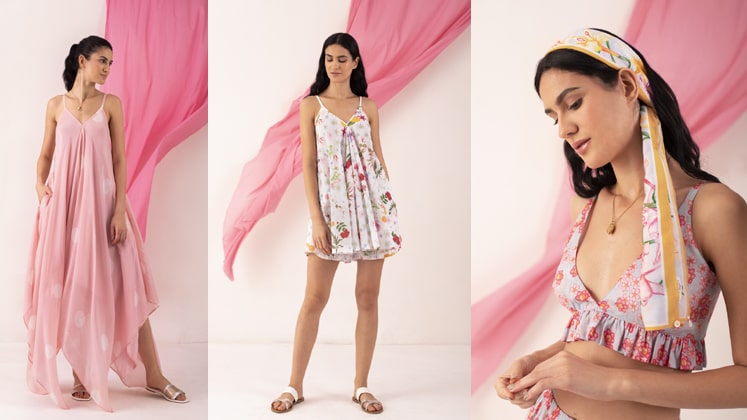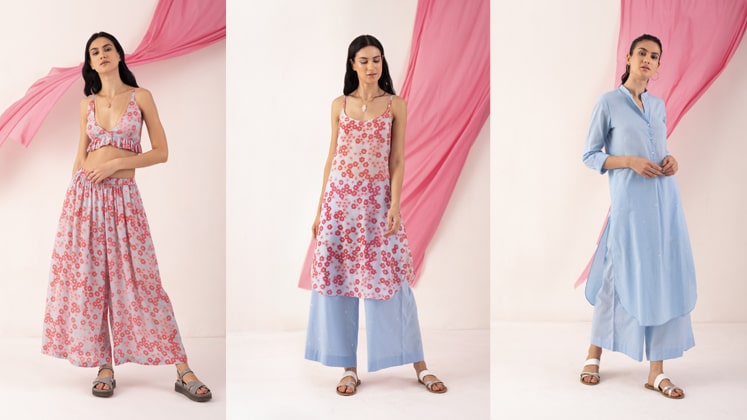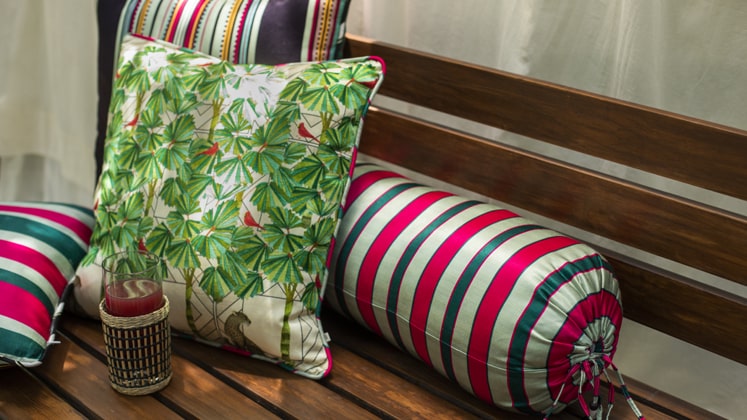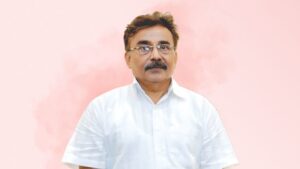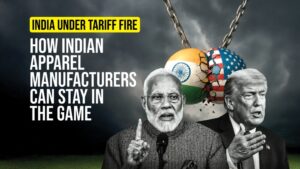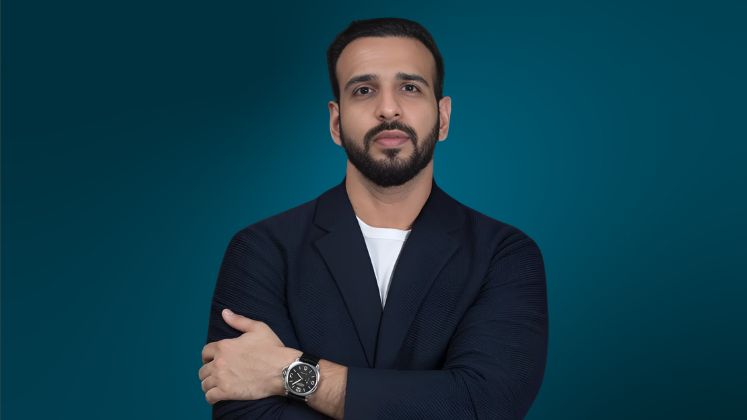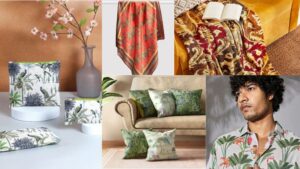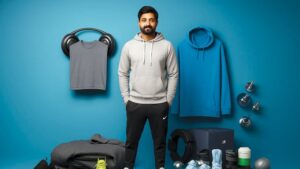Nicobar was founded in 2016 by Raul Rai and his wife Simran Lal. Simran’s role as the CEO of Good Earth and Raul’s outlook towards life helped them establish Nicobar. While Simran is the creative backbone for the brand, Raul nurtures it holistically keeping it consumer ready. In conversation with Raul Rai, Founder, Nicobar, we try to decode the idea behind the brand and how they are using technology to leverage growth.
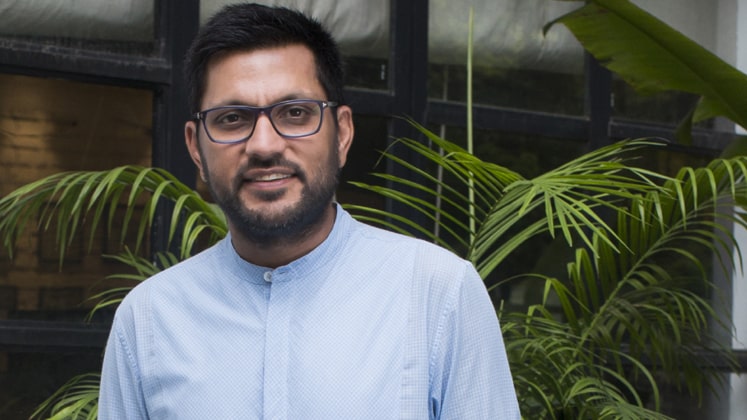
The initiation
Raul grew up in America, and when he came back to India 15 years ago, he felt a disconnect. “When I came back, three things happened – first, I noticed that the work culture was very different and I didn’t resonate with it. I felt that a lot of things like emphasis on creative thinking and that work can be a place for your spiritual, personal development or Karmayog were missing. Secondly, I married my wife Simran who belongs to a family of entrepreneurs. Her mother started Good Earth, and her brother (Siddhartha Lal, MD, Eicher Motors) runs Royal Enfield, and wherever I went, there was a fascination with these two brands. They are an incredible family and after seeing them, I started to think of ways in which I could combine family values with the professional environment I have been grateful to witness in America… then I was sure that something amazing could happen. Thirdly, India is more than Bollywood and cricket, and when I started meditating, I realised my purpose, which was to help India modernise but not westernise. I wanted to create a culture, not a company,” Raul narrates when talking about Nicobar’s inception journey.
Raul’s professional background in Private Equity makes him fond of consumer research, but he says sometimes our analytical mind comes in the way. “I don’t think I could have said this even 5 years ago. But I think there should be a purpose and our purpose with Nicobar was ‘design that elevates your everyday lifestyle’. We thought that the world already has a lot of products and could do with fewer ones, but we ourselves are starting a brand. Having said that, what if our products are produced in a more thoughtful way with the right materials? We read every single email that comes from the consumer, but we go with our inner beliefs. In case of India, I think the market is not predefined. It expands when people are allowed to experience the product, so the same thing happened for Nicobar… we presented people with something they already wanted,” Raul adds.
Also Read: Muze: Disrupting the menswear market with quirky yet minimal designs
Evaluating the sales
From the volume standpoint, Raul informs that lower priced products, of course, sell more. Products linked to home sell more, but clothing contributes more on a revenue basis for Nicobar. “Sometimes, higher priced dresses sell more, so I don’t think there’s any direct correlation, but of course, since people gift a lot, things like mugs and decorative items sell more. When we started Nicobar, I said our sales would be 90 per cent offline and 10 per cent online; by fifth year, it’ll be 50-50, and by tenth year, it’ll be 90 per cent online. Pre-COVID-19, we were 30 per cent online; post-COVID-19, it looks like we’ll be 70 per cent online,” Raul articulates when elaborating on the sales parameter.
He further adds, “70 per cent of our revenues are from the metros. There’s a very small percentage of customers that come from outside not only India but from other countries, and the challenge is to find these customers. We have relied on word of mouth a lot, and storytelling and design are our strongest things, so we put out our story and people talk about it. We are big believers in the offline experiences. We aren’t selling a product; we are selling an experience. Places like Khan Market and Bandra in terms of our offline presence do real good for us and we can’t have enough of these on-ground footprints, so we’ll continue to look for opportunities and we’re also good at doing pop-ups.”
Making technology work
On the production front, Nicobar depends on the artisans and Indian weavers. India has always been known for the service sector, but now there’s manufacturing too, and Raul says there’s a lot of potential and when you find the right people, good things can happen. Summing up Nicobar’s future plans, Raul mentions that they were on track to become a Rs. 100 crore brand and they were doing a little over Rs. 6 crores a month, but now because of COVID-19, the brand’s growth has fallen by 30-35 per cent. However, Raul is optimistic that they will be back on track real soon.
When talking about technology contribution in ensuring the overall growth of Nicobar, Raul mentions that they are a technology-backed company. “Nicobar is where design meets technology. During COVID-19, we introduced Zoom calls for our customers. We started to connect with customers using technology and varied tools starting from video calls to normal calls and chats. Technology helped us cut down the distance and allowed us to stay connected with our customer base. Apart from the basic tools, we also have been using an in-store app that is not consumer facing, but the same helps us locate inventory and internally stay connected to one another 365 days. Without technology, how will we fulfill customer requests? It enables us to locate a product in the inventory of one state for a customer from another state. All this, without the customer having to visit the store! Technology, in the hands of our skilled staff, helps us bring that smile on our customer’s face,” Raul sums up.
Nicobar is exploring technology to bring forth a customer app too, but that will take some time. This is because the intention of bringing an app for the customer, Raul says, will not be to just fulfill the shopping needs, but will also help customers into the world of Nicobar. It will be an experience, a lifestyle, some mindfulness and much more!
Also Read: Rahul Mishra on championing Indian crafts, sustainable business practices, and ethical fashion

